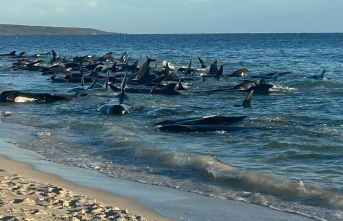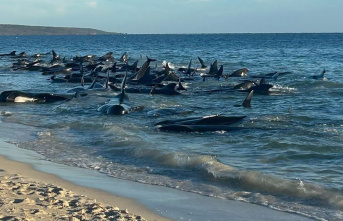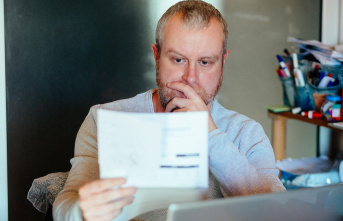Spain entered ecological debt yesterday, two months before the whole of the planet does. This means that on this date the country has already consumed all the natural resources that it is capable of regenerating or renewing each year and that, in addition, carbon dioxide emissions exceed the sequestration and absorption capacity of the forests. Therefore, since yesterday, we Spaniards are already overexploiting nature, with all the negative effects that this has for global warming, the loss of biodiversity and the depletion of the Earth's reserves.
Each year the world enters ecological debt earlier, which means that it consumes available natural resources faster and faster without advancing in regeneration. In 1970 the world was practically in balance, since it did not go into ecological debt until December 29. But in 2021 that day had already been brought forward to July 29, five months earlier. It is a dramatic fact, since it shows that several planets like Earth are needed to meet the needs of their inhabitants. It is evident that we cannot continue on this path, which leads us directly towards self-destruction.
The only year in which the ecological debt was reduced was that of the explosion of the covid pandemic, since the planet's consumption and activity were drastically reduced by the restrictions. But it is clear that the solution cannot be a similar economic and social setback. What is necessary is to advance with greater determination in global sustainability, in savings and efficiency in the use of natural resources and, above all, in promoting the circular economy. The efforts being made on an international scale, as well as in Spain, are clearly insufficient to restore the balance of the planet, to stop global warming and to support an increasingly large world population.
It is urgent to increase global awareness to establish the circular economy. The countries that are most aware of this, such as the European ones, are the ones that should advance the fastest in structuring a circular economy that makes the most of and regenerates the resources consumed and the waste that it produces. Spain, which recycles just 38%, is still far from the 50% that the EU has set itself, which in turn is a very modest goal. The path to follow is outlined in the ecological transition, circular economy and reduction of waste and contaminated soil strategies that the Government has defined. But you have to activate them without delay. Each country must do its utmost to reduce its ecological debt and thus contribute to saving the planet.
4












